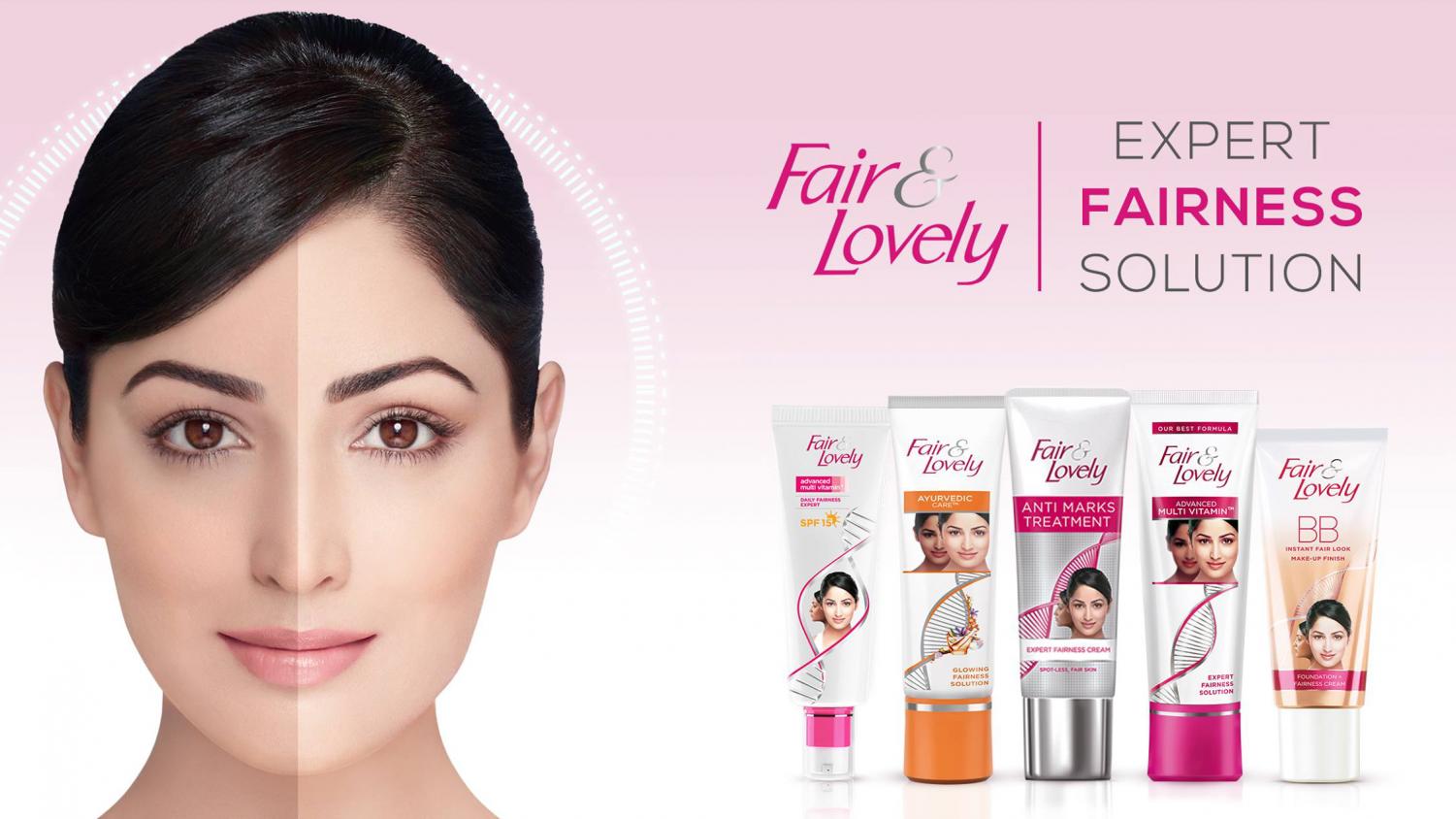Dear Bollywood, please stop promoting colorism
When I think of Bollywood, I picture glamorous heroes and heroines, dramatic storylines and impressive dance choreography. But there is an uglier side to this industry. Bollywood celebrities to this day continue to partner with skincare companies in advertisements for skin whitening products, fueling India’s age-old colorist culture.
The preference for light skin, especially in Indian girls and women, has been prevalent in India for several reasons. According to CNN, Fair skin is strongly associated with power, beauty, wealth and overall superiority.

This association, according to The Guardian, originates from Indian mythology, in which all the devatas, or divine gods and goddesses, are described as beautifully fair skinned; whereas all the rakshasas and asuras, or demons and villains, are described as dark skinned and monstrous looking.
According to the New York Times, when the British ruled India, British officials often preferred to hire Indians with fair complexion for government jobs, further perpetuating the Indian belief that light skin is superior and therefore desirable.
Although seemingly harmless, this stigma, which is reinforced in large part by many Bollywood celebrities, continues to propagate a colorist culture that heavily discriminates against Indians with dark skin tones.
Skin care companies in India take advantage of this stigma and further promote skin tone shaming to victimize billions of insecure Indians for profit, according to The Atlantic.
In fact, skin whitening products are so popular in India that, according to a World Health Organization information note, the skin lightening industry alone makes up 50% of India’s skincare market, and, according to a study published by Frontiers in Public Health, generates $450 million per year.
To popularize their products, companies often hire Bollywood celebrities to be the face of their campaigns and star in their commercials. What we see on television has a greater impact on our lives than we think.
Thanks to a long list of Bollywood celebrities who endorse skin lightening products including Priyanka Chopra Jonas, Shah Rukh Khan, Hrithik Roshan, Kareena Kapoor, Allu Arjun, Emran Hasmi, Anushka Sharma, Deepika Padukone and Yami Gautam, this colorist attitude continues to prevail in Indian daily life, according to The Atlantic.
In such advertisements, dark skinned Indians are continually portrayed as inferior and undesirable. Having darker skin is made out to be some sort of obstruction to happiness, which is heavily misleading.
A good example of this is the five-part commercial for Ponds White Beauty skin lightening cream, in which Priyanka Chopra plays a dark skinned girl whose boyfriend dumps her for a woman with lighter skin.
By using Ponds White Beauty cream, the dark skinned girl is seen becoming fairer and fairer, and, as a result, is able to win back her ex. This is a very misleading message being portrayed to the Indian public, and seeing advertisements like these makes it clear why skin whitening products are in such high demand throughout India.
It’s absolutely disgusting how these companies continue to toy with people’s lives just to make a profit. For such an advanced society, I cannot believe people still face discrimination based on something they have no say over.
Besides the fact that skin whitening products continue to fuel India’s mentally toxic colorist culture, some skin lightening products on the market are actually dangerous, and have been found to contain hazardous chemicals, such as mercury, according to WHO.
In 2017 and 2018, the Zero Mercury Working Group conducted a study, in which they found that in the 338 samples of skin lightening creams collected from 22 countries, 10% contained high levels of mercury (over 1 part per million).
They also reported that “products tested in a variety of countries in Africa, Asia and Latin America and North America have contained from 660 to 57,000 parts per million (ppm) mercury.”
Thankfully, my own experience being a dark skinned Indian isn’t as bad as the stories I’ve heard. Still, watching Fair & Lovely commercials during cricket game ad breaks, and finding skin lightening products at every store and relative’s house everytime my family and I visited Chennai often made me feel inadequate and insecure.
I’m ashamed to admit it, but I used to long for fairer skin because I thought having lighter skin would be the solution to my insecurities about my body image. After all, that’s the central message every skin whitening product advertisement tries to send me.
Now, anytime I come across a skin whitening product or an advertisement for one, all I feel is anger. Sure, I may be several skin shades darker than your average Bollywood celebrity, but why should that matter? Why can’t I be allowed to feel confident in my natural skin?
Indians with dark complexions are paying the price of Bollywood’s utter disregard for the impact its perperpetuation of fair skin superiority is having on Indian society’s perspective on melanin-rich skin.
This skin color discrimination needs to end. The question is: what needs to happen to accomplish that?
First, we need to recognize that there is no ideal skin color because there is no concrete ideal form of beauty. By nature, beauty is entirely subjective. Every color is beautiful in its own way. You don’t need fair skin to look stunning.
For ages, this misconception has plagued Indian culture, and the first step to leaving it behind is to change our mindset about what truly makes us beautiful.
The second step is a change in tradition. By choosing to buy skin whitening products, consumers enable skincare brands to continue encouraging skin color shaming so that they can keep up the demand for their skin whitening products. It is a sickening cycle that can only be broken if individuals choose to refuse the false propaganda that one skin color is superior to another.
This being the case, consumers wishing to buy skin lightening products need to be made aware of the potential risks of using such products, so that they can make better-informed decisions.
Ultimately, if we are to leave behind the colorist attitude of old, celebrities need to step up as role models by refusing to endorse skin whitening products. Instead, they should use their influence to denounce skin color discrimination and voice for equality and body positivity.











